Groundwork updates
Find the latest news updates here
Groundwork is a federation of charities mobilising practical community action on poverty and the environment across the UK.
Find out the latest news about how we’ve been changing places and lives.
Media hub
Are you a journalist? See our media centre to see how we can help you.
-
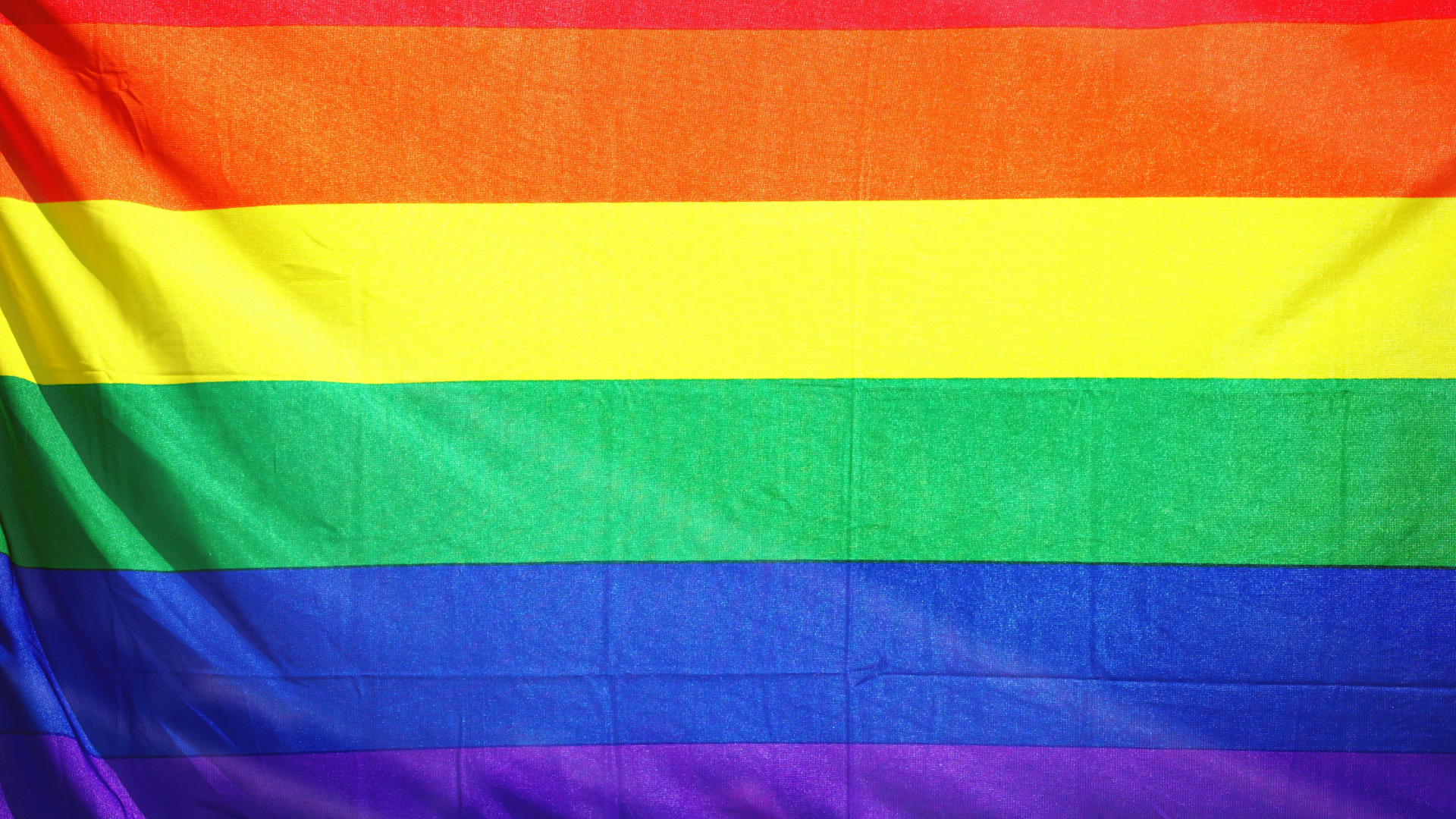
BLOG: Beyond the Rainbow – Making Green Spaces Truly Inclusive for Everyone
By Garry Campbell, Groundwork’s UK Head of Policy & Communications Pride Month is a vibrant celebration, a time for visibility, and a vital moment to reflect on how far we’ve come in the fight for equality. As rainbow flags flutter, it prompts us to ask whether this spirit of equality truly extends across all walks…
-
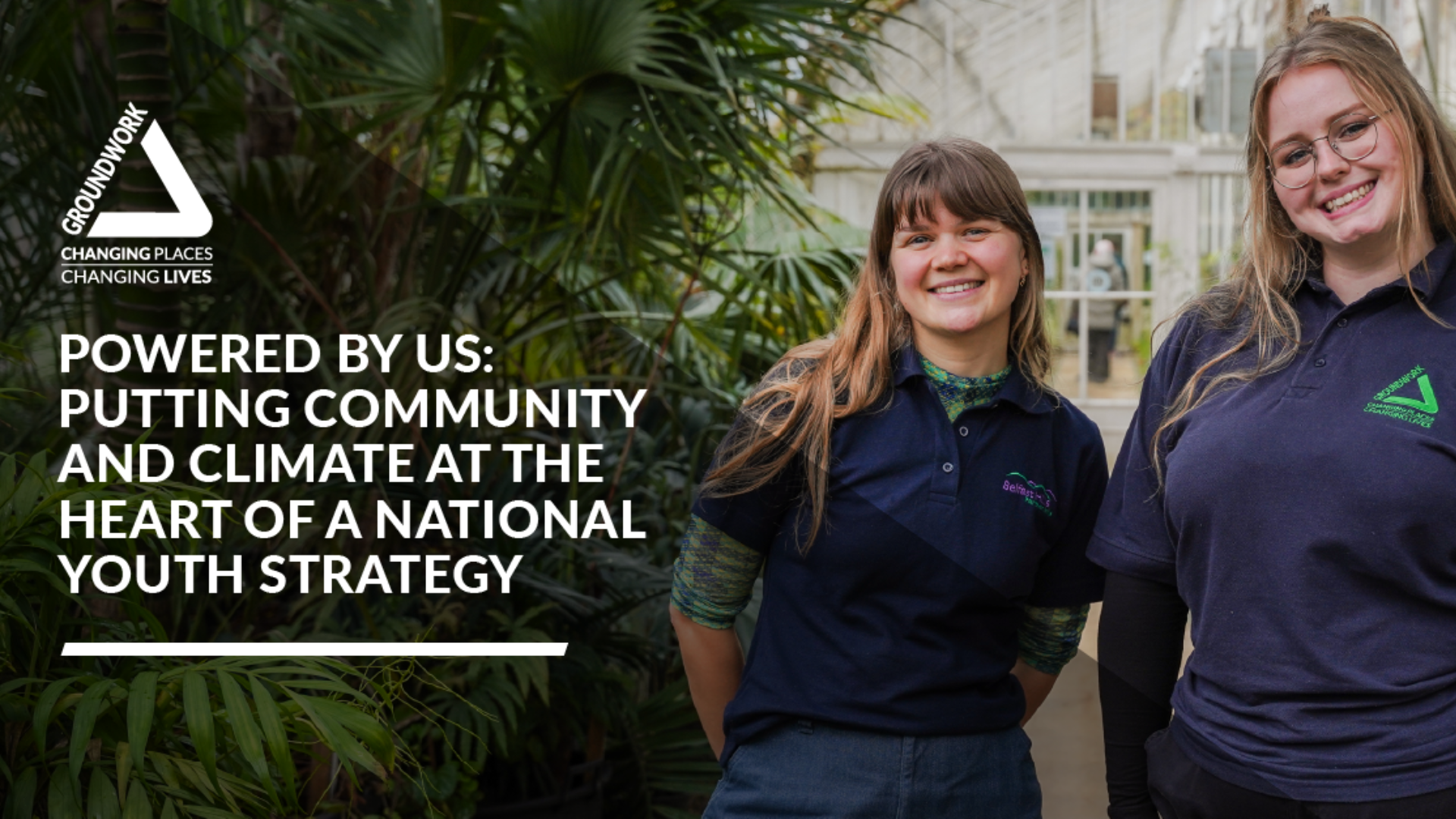
NEWS: Groundwork releases ‘Powered By Us’ – a new report that explains why young people want community and climate to come first
Groundwork has released a new report that sets out the importance of prioritising youth voice in efforts to create a fairer, greener places to live and work. Developed in collaboration with Groundwork’s Youth Advisory Board, Powered by Us: Putting community and climate at the heart of a national youth strategy is a call to action…
-
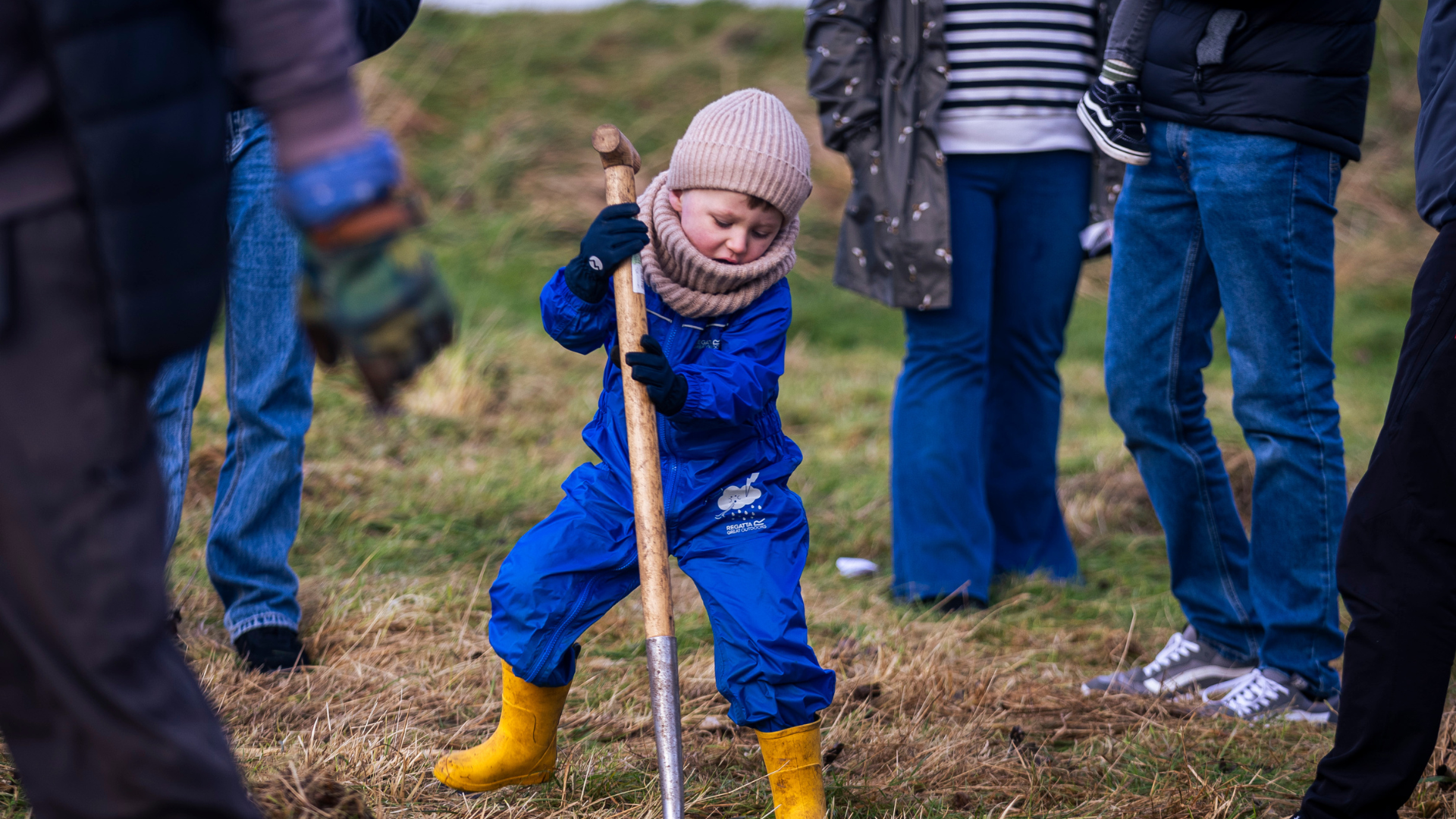
NEWS: Groundwork and Bupa Foundation invest £500,000 in community projects across UK and Ireland
Communities across the UK and Ireland have benefitted from a £500,000 funding injection to revitalise green spaces and create happier and healthier places and spaces in towns and cities. The Green Community Grants programme, a partnership between community charity Groundwork and the Bupa Foundation, supported 287 impactful projects in 2024 – including the creation…
-
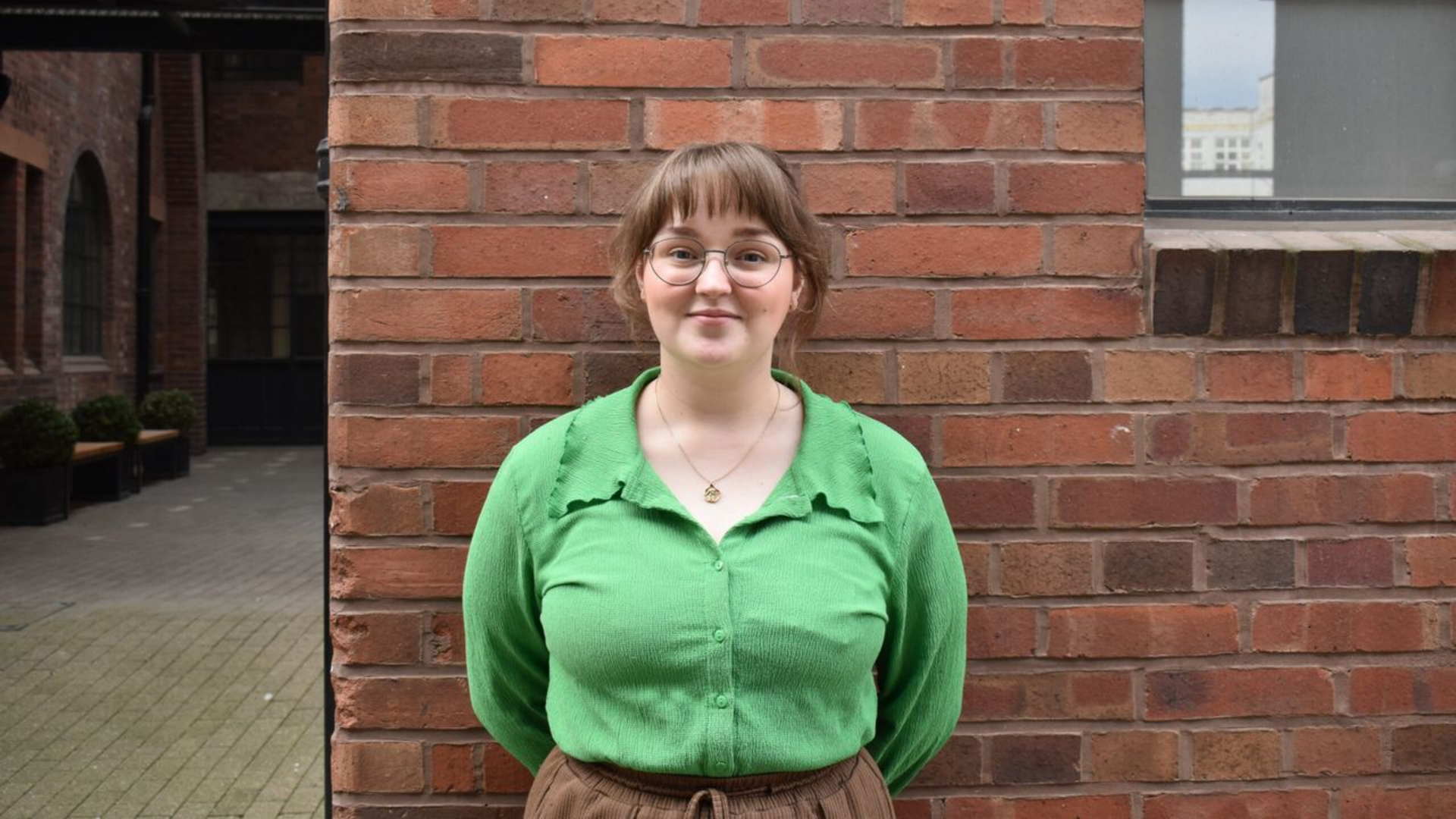
BLOG: The Space to Speak – What I’ve Learned from Youth-Led Change (and Why It Matters for Nature)
Groundwork Youth Advisory Board member Bethany, 24, shares why youth voice should not be just an afterthought in order to shape a better future for people, places, and our planet. I didn’t grow up thinking of myself as a ‘youth voice’. At 16, I signed up to volunteer mostly to get out of the house.…
-
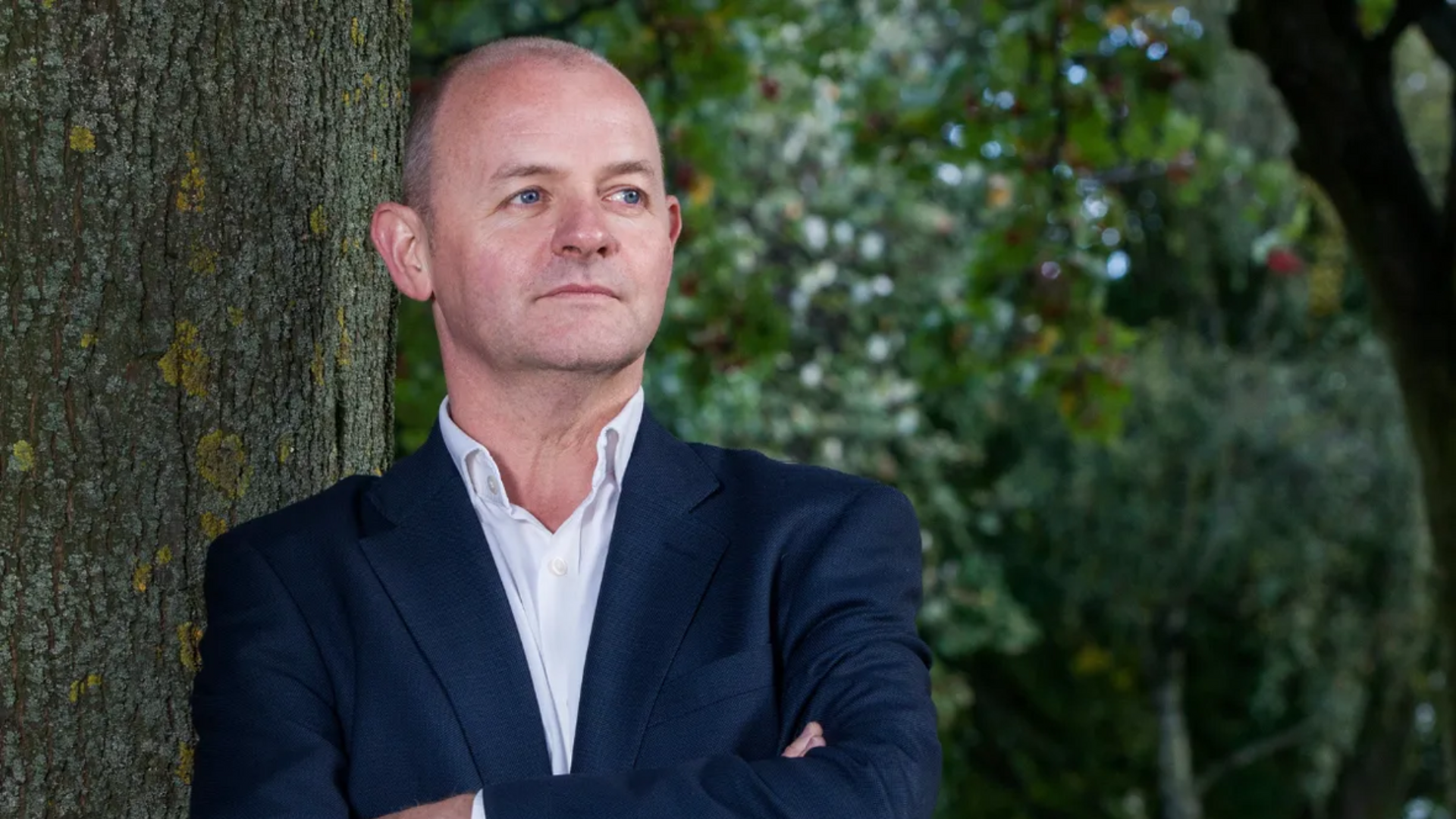
BLOG: Nature Towns and Cities – a call for collective action
By Graham Duxbury, Groundwork’s UK Chief Executive Conferences come and conferences go, but last week’s Nature Towns and Cities event felt different. It was exceptional in three ways. Firstly, sheer numbers – more than 1,000 people registered with several hundred moving around the online event space on the day. Secondly, the passion and knowledge on…
-

BLOG: The wonder of the outdoors – youth access to nature
Groundwork Youth Advisory Board member, Alice, shares how even in city environments, she was encouraged to explore nature as a child. She relates her everyday life through nature – something that first began in childhood and has continued to develop as she has grown up alongside the formative natural world. As a child I had…
